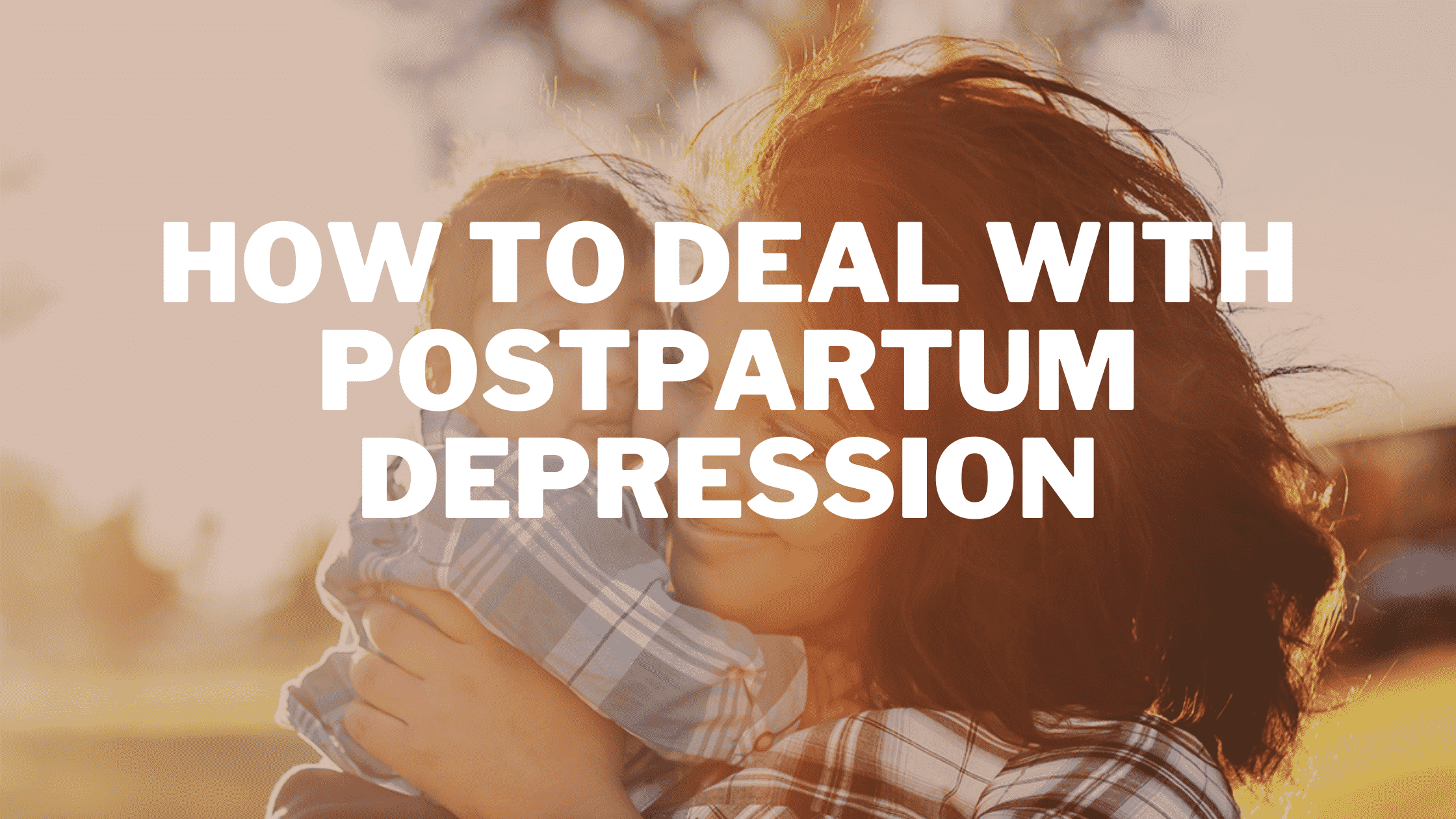How to deal with postpartum depression
Women and their series of changes never cease to amaze me. I know of women with mood swings during their periods and specific body changes after childbirth. Your body and mind undergo many changes during and after pregnancy. But there is another big issue that needs to be dealt with, and that is postpartum depression. To some, it is not a strange term, but how much do you know about this topic?
There is no doubt about it that after childbirth, countless emotions can set in. You may experience anything from joy to fear or even sadness. If this feeling of sadness increases and begins to interfere with your daily life, there is a need to worry. This is because you might be experiencing postpartum depression, and the best way to diagnose this is by visiting your doctor.
Postpartum depression describes the series of complex physical, chemical, emotional, and behavioral changes in a woman after giving birth. It is a kind of major depression that has its onset within four weeks after delivery. The chemical changes involve a rapid drop in hormones after delivery.
What are the causes of postpartum depression?
The primary cause of postpartum depression is not clear, but factors like physical changes or hormonal changes, and emotional stressors may trigger its symptoms. One of the most significant physical changes after giving birth involves hormones. The female reproductive hormones, the estrogen and progesterone level increase tenfold during pregnancy. After delivery, they drop sharply. A few days after childbirth, there is a drop-down in these hormones\’ levels to what they were before pregnancy.
According to (Schiller et al., 2014), this sudden change in hormone levels may lead to depression. This is similar to hormonal changes before a woman\’s period but involves much more extreme swings in hormone levels.
Also, there may be a drop-down in the level of thyroid hormone after childbirth. The thyroid regulates how your body uses and stores energy from food. Low levels of thyroid hormones can cause symptoms of depression. Other physical factors that may contribute to postpartum depression include:
- Tiredness after labor and delivery
- Tiredness from lack of sleep
- Inadequate diet
- Overwhelmed with a new baby
- Drug and alcohol misuse
- Underlying medical condition
Emotional factors also cause postpartum depression if you have had a mood disorder in the past or if mood disorder runs in your family. The emotional stressors may include social isolation, financial burdens or lack of support, recent divorce, or death of a loved one or severe health problem with the child.
Symptoms of postpartum depression
- Sleeping difficulty
- Excessive fatigue
- Decreased libido
- Frequent mood changes
- Changes in appetite
- Thoughts of death or suicide in extreme cases
What are the ways to deal with postpartum depression?
It is a treatable psychological disorder that can be effectively managed. Do not struggle with postpartum depression alone. Find ways to deal with it and consult your doctor if the case worsens. Listed below are steps to deal with postpartum depression (but not limited to):
- Exercise when you can. An Australian researcher explains that exercise may have an antidepressant effect for women with postpartum depression. This can be done by walking with the baby in a stroller for a walk and breathing fresh air. Walking has proven to be a significant way of easing depression. Also, some minutes of work out during the day can be of help.
- Maintain a healthy diet. Feeding on nutritious foods can help you feel better and provide the body with the necessary nutrients. However, healthy eating alone won\’t cure postpartum depression. Also, consuming a diet rich in omega-3 fatty acids present in oily fish like salmon during pregnancy can minimize the risk of postpartum depression.
- Create time for yourself to rest. You don\’t necessarily have to sleep until the baby is asleep. Both your body and your spirit need a good night\’s sleep. You can have someone care for the baby after you might have fed him. Find time to sleep when your baby is satisfied with food. It is reported that women who got the least sleep experienced the most depressive symptoms. Endeavor to always reach out for help when you have plenty of house chores to attend to. You can allow your partner, mother-in-law, or a trusted partner babysit for you while you will have time for other things like going on a walk, taking a nap, going to a movie, etc.
- Resist isolation. Always be around people you can talk to about your feelings, which can help in mood shifts. New mothers should try to speak to experienced mothers on things that are not too clear to them. Try to reach out to them for support.
- Try psychotherapy and medication. This can be tried after other processes do not work. Your doctor may then recommend psychotherapy, which is called therapy talk or mental health counseling. It can help you discuss your concern and feelings, set manageable goals, and learn to respond positively to the situation. Also, if your depression is severe or other treatment does not improve your symptoms, antidepressants may be recommended.
- Communicate. If you are an introvert, you may be tempted to always keep your feelings to yourself. It is usually helpful to talk things over with a trusted person. You may find out that you are not alone and that others are ready to listen to you.
- Cut back on chores. You can always enlist family or friends\’ help if you are not up to chores and errands. Do not force yourself to do all these; just let them go. Utilize the energy you have to take care of you and the baby.
- Skin-to-skin contact. It relaxes both you and your baby and also enhances the bond between you. Whether you breastfeed or bottle-feed, try doing so while their bare skin is against your own. The other benefits of skin-to-skin contact include prolonged sleep period and alertness, less cold stress, better brain development, improved weight gain, and decreased crying.




